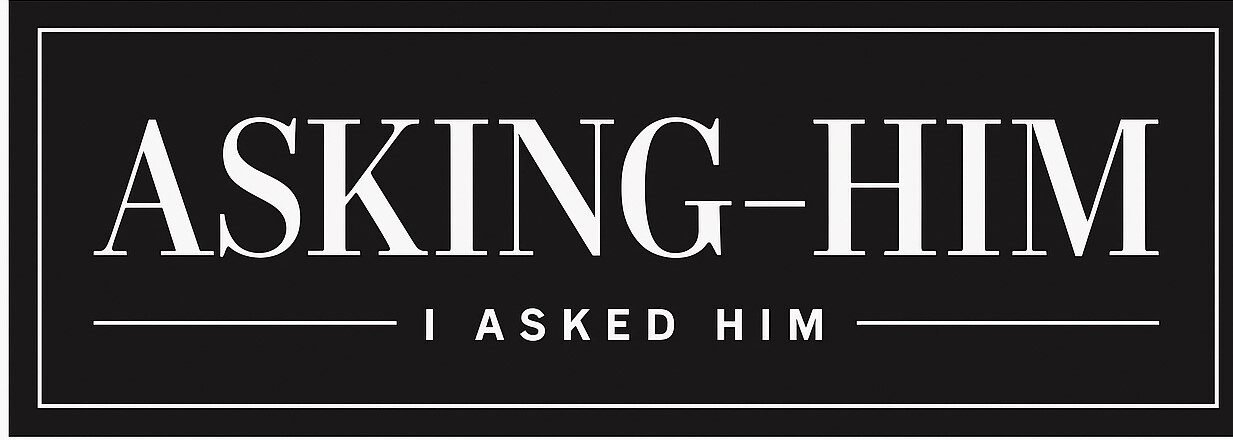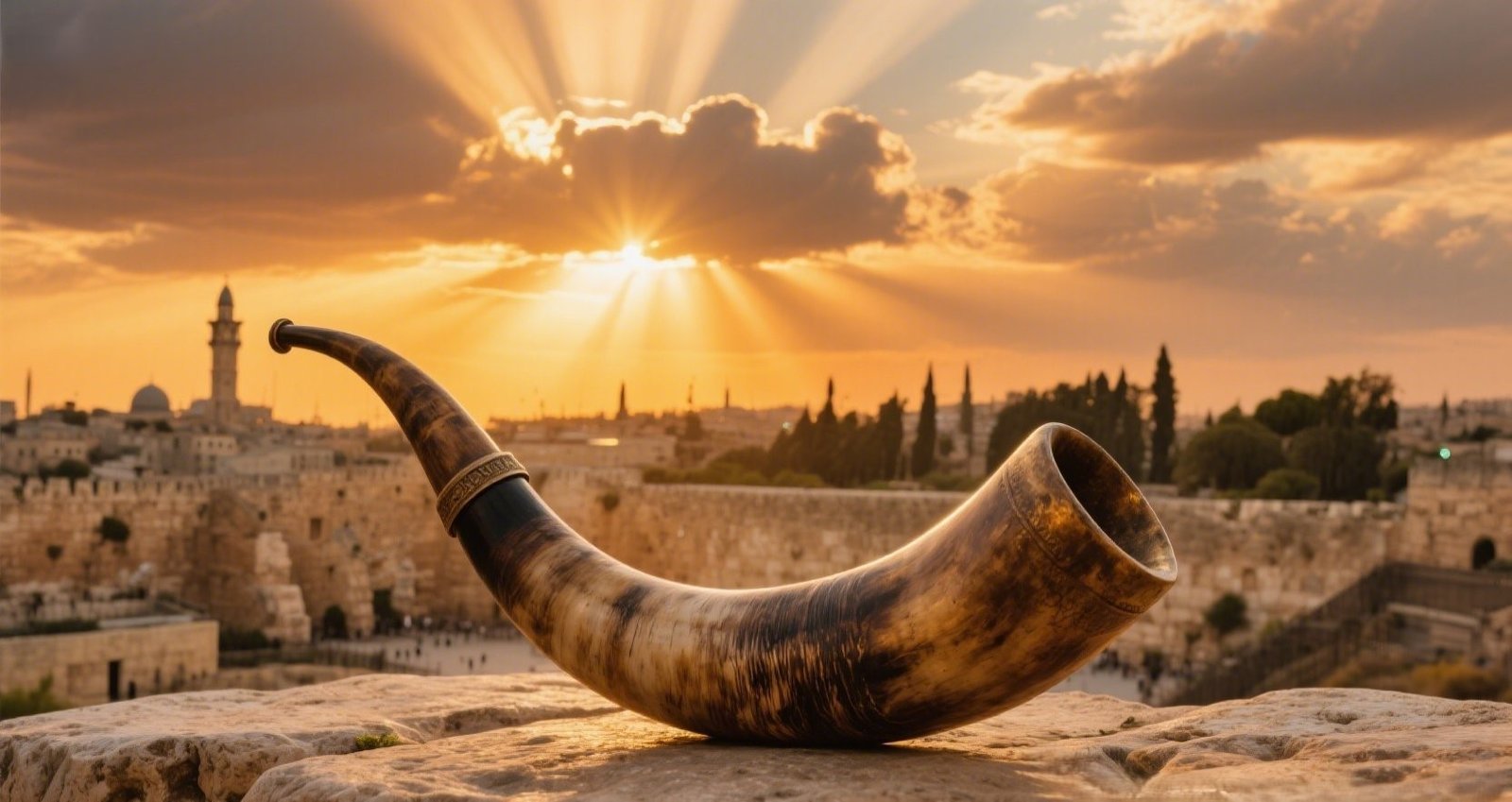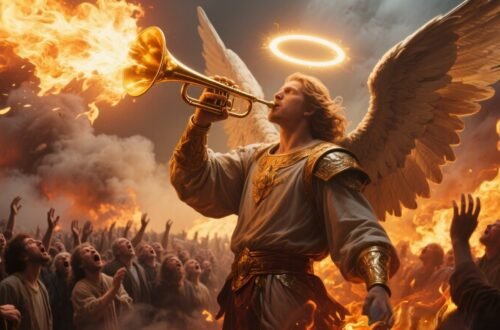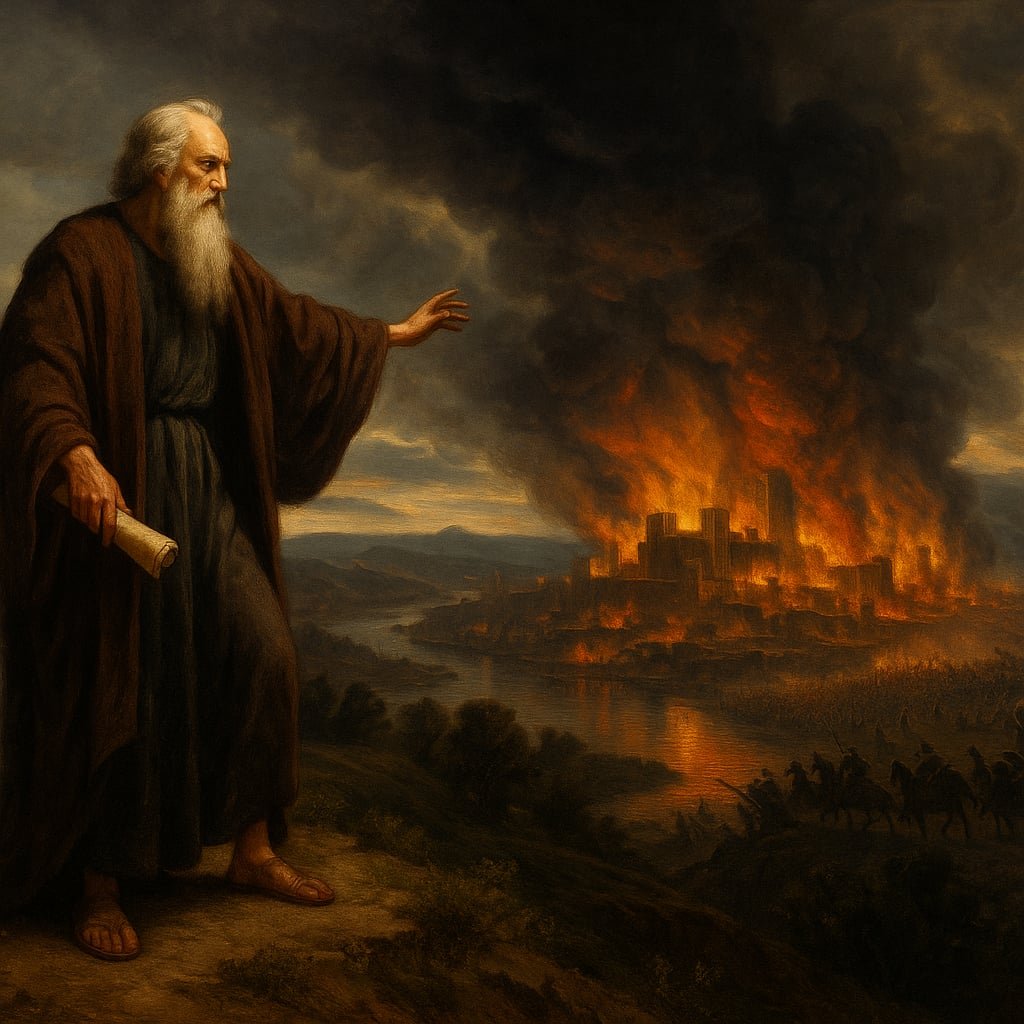Why September 23 Has Captured Attention
Every now and then, a date rises to the surface that stirs conversation across the world — not just in Christian circles, but among people everywhere who sense something extraordinary is on the horizon. September 23, 2025, has become one of those dates. To most, it looks like just another Tuesday. Ordinary, simple, no different than the day before or after. Yet to others, September 23 stands out like a trumpet blast across the heavens, carrying a weight of significance that cannot be ignored.
Why?
Because it is being spoken of as a prophetic convergence. A time when the ancient calendar of God, the history of the church, and the current events of our world seem to intersect with startling clarity.
This isn’t about hype. It’s not about fearmongering or chasing dates — something Jesus Himself warned us against (Matthew 24:36). Instead, this is about listening. It is about paying attention to the rhythms and patterns that Scripture lays out for us and asking, “What is God saying to us right now?”
When people point to September 23, 2025, they often reference two powerful themes: the 7,000-year prophetic timeline of history and the Feast of Trumpets, with its shofar blasts that have echoed through centuries of Israel’s history. Some even note that this year, trumpets are set to resound across Jerusalem in ways that carry both cultural and prophetic weight.
So let’s explore these themes together. Let’s open Scripture, look at the ancient voices of faith, and consider what this date might mean — not so much as a prediction, but as a powerful reminder of God’s faithfulness, His sovereignty, and His call for us to prepare.
The 7,000-Year Prophetic Clock
The Bible is not a random collection of stories. It is a tapestry, woven with divine threads of meaning and order. One of the most compelling patterns in Scripture is the way God’s acts of creation mirror His plan for history itself.
Genesis 1 tells us that God created the world in six days and rested on the seventh (Genesis 2:2–3). At first glance, it looks like a straightforward account of creation. But hidden within it is what many scholars, rabbis, and church fathers have understood as a prophetic template.
The Apostle Peter reminds us of something crucial in 2 Peter 3:8:
“But, beloved, do not forget this one thing, that with the Lord one day is as a thousand years, and a thousand years as one day.”
If we apply that principle, each “day” of creation can be seen as representing 1,000 years of human history. Six days of work correspond to six thousand years of human struggle, toil, rebellion, and redemption history. The seventh day of rest corresponds to the thousand-year reign of Christ, also called the Millennial Kingdom (Revelation 20:1–6).
This pattern was not invented in modern times. Irenaeus, one of the early Church fathers of the 2nd century, wrote in Against Heresies:
“For in as many days as this world was made, in so many thousand years shall it be concluded… as also it is a prophecy of what is to come.”
Other voices throughout history have echoed this same view — that God structured history around a 7,000-year clock.
According to biblical chronology:
- From Creation to Christ: roughly 4,000 years.
- From Christ to today: roughly 2,000 years.
- What remains: the 1,000 years of rest under Christ’s rule.
If this timeline holds true, then we are standing at the very edge of the 6th day, on the threshold of the 7th. That realization is why so many are looking at this moment in history with a sense of awe and urgency.
We are not in just “another time.” We are living in the last stretch of the prophetic pattern. And the sound of the trumpet — both literal and spiritual — is meant to awaken us to that reality.
The Feast of Trumpets (Rosh Hashanah)
The trumpet, or more specifically the shofar, has always held a sacred place in God’s calendar. The Feast of Trumpets, also known as Rosh Hashanah, is one of the appointed times God commanded Israel to observe.
Leviticus 23:23–24 says:
“Then the Lord spoke to Moses, saying, ‘Speak to the children of Israel, saying: In the seventh month, on the first day of the month, you shall have a sabbath-rest, a memorial of blowing of trumpets, a holy convocation.’”
Numbers 29:1 adds:
“In the seventh month, on the first day of the month, you shall have a holy convocation. You shall do no customary work. For you it is a day of blowing the trumpets.”
What was the purpose?
The shofar was used in Israel for several reasons:
- To gather the people for assembly.
- To announce war or signal alarm (Joel 2:1).
- To coronate kings.
- To mark sacred times and seasons.
- To call the people to repentance.
In every case, the sound of the shofar meant: Pay attention! God is doing something.
But the Feast of Trumpets also points forward prophetically. Paul ties the trumpet to the resurrection in 1 Corinthians 15:52:
“In a moment, in the twinkling of an eye, at the last trumpet. For the trumpet will sound, and the dead will be raised incorruptible, and we shall be changed.”
And again in 1 Thessalonians 4:16:
“For the Lord Himself will descend from heaven with a shout, with the voice of an archangel, and with the trumpet of God. And the dead in Christ will rise first.”
The Feast of Trumpets, therefore, is not just about Israel’s history. It is a rehearsal of what is to come — the day when the final trumpet will sound, and Christ will gather His people.
Jerusalem, the Shofar, and September 23
So why is September 23, 2025, drawing attention?
This date falls in the season of the Fall Feasts — specifically the time of Rosh Hashanah, the Feast of Trumpets. Reports have circulated that in Jerusalem, shofars will be sounded in mass gatherings during this feast season, filling the city with the ancient call.
Picture it: The golden light of sunset over the Western Wall. Crowds gathered in reverence. Shofars raised, their deep, trembling sound echoing across the stones of the Old City. It is powerful not just as a tradition, but as a prophetic act.
This resonates deeply because the Bible repeatedly connects the trumpet sound with turning points in God’s plan. Joshua 6 records the fall of Jericho at the blast of trumpets. Joel 2:1 commands,
“Blow the trumpet in Zion, and sound an alarm in My holy mountain! Let all the inhabitants of the land tremble; for the day of the Lord is coming, for it is at hand.”
For believers today, seeing Jerusalem filled with the cry of shofars during this season becomes a living picture of prophecy. It doesn’t mean September 23 will be “the day” of the rapture or the return of Christ. But it does mean the season is stirring us to remember that God’s timetable is unfolding — and Israel is at the center of it.
The Convergence of Signs
Beyond the shofar, the broader context of our world adds to the weight of this season. Jesus told us in Matthew 24 that before His coming there would be wars, rumors of wars, earthquakes, famines, and increasing lawlessness.
Look around.
- Global instability is rising. Nations are in turmoil.
- Natural disasters are increasing in intensity.
- Israel continues to face pressure and conflict, just as Zechariah 12 foretold: “Behold, I will make Jerusalem a cup of drunkenness to all the surrounding peoples… I will make Jerusalem a very heavy stone for all peoples; all who would heave it away will surely be cut in pieces.”
- Technology and global systems are moving us toward the very scenarios Revelation describes regarding global governance and economic control.
It is not just one sign. It is the convergence of many signs — converging as the trumpets prepare to sound.
The Call to Readiness
If the trumpet is anything, it is a wake-up call.
Paul tells us in 1 Corinthians 15:51–52 that the trumpet will signal our transformation. In 1 Thessalonians 4:16–17, it signals the gathering of the saints. In Revelation 8–11, trumpets signal God’s judgments on the earth.
But before all of that, in Israel’s history, the trumpet was always a call to prepare. To stop what you’re doing, listen, and align yourself with God.
Jesus said in Matthew 24:42:
“Watch therefore, for you do not know what hour your Lord is coming.”
The point isn’t to circle a date on the calendar with fear or speculation. The point is to live prepared — hearts surrendered, lives holy, lamps full of oil like the wise virgins in Matthew 25.
September 23, 2025, is not about a deadline. It is about a headline from heaven: Wake up. Pay attention. Return to God.
Conclusion – Beyond September 23
So, what should we make of September 23, 2025?
It is not the day to panic, nor the day to dismiss. It is the day to listen. The day to let the sound of the shofar — whether heard in Jerusalem or in the spirit of prophecy — call us back to God with renewed urgency.
The 7,000-year prophetic clock reminds us that history is not random. It is moving according to God’s design. The Feast of Trumpets reminds us that there will indeed be a final trumpet, and it will change everything.
Until then, we live in readiness. We repent. We worship. We share the Gospel. And we lift our eyes to the skies, not in fear, but in hope, knowing that our redemption draws near (Luke 21:28).
Whether September 23 comes and goes quietly or resounds with significance, the truth remains: The trumpet is sounding. The time is short. And the call of God is clear — prepare your heart, for the King is coming.





